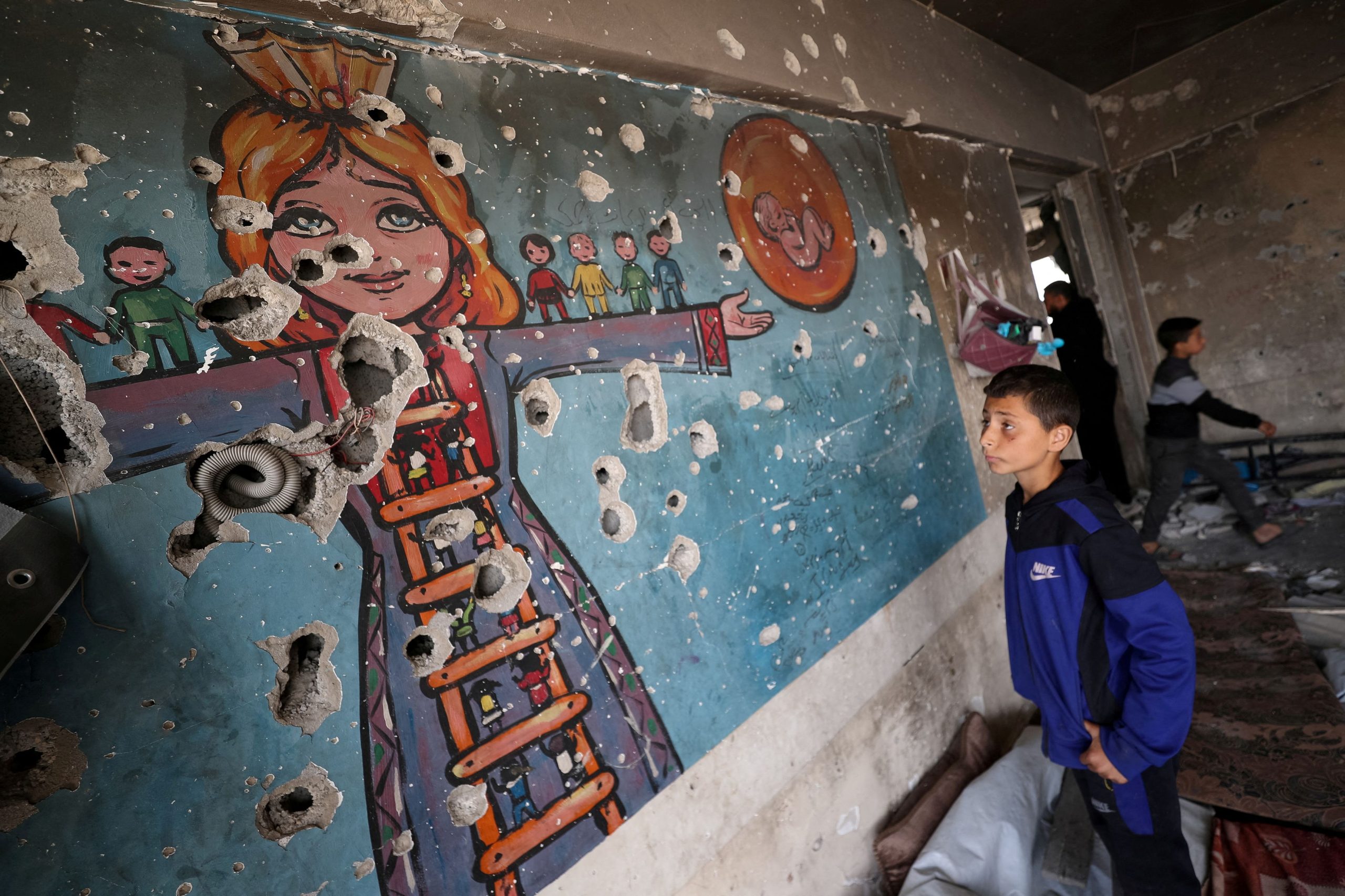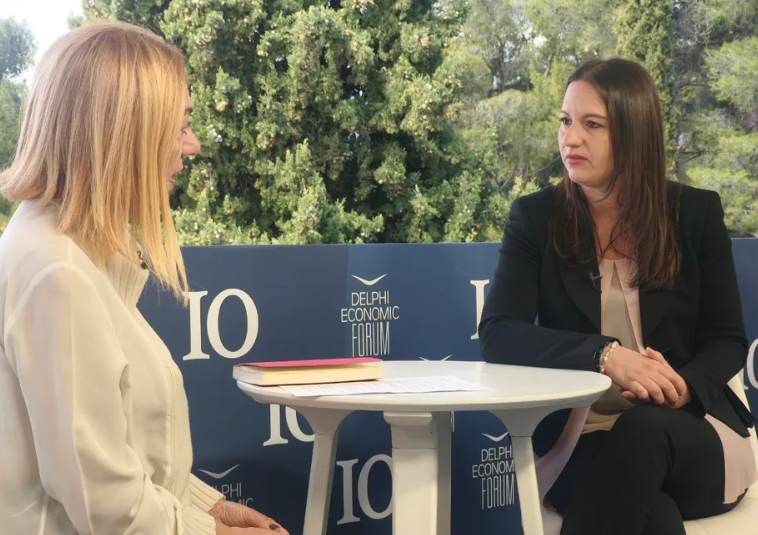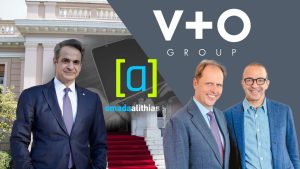Hardly a day passes without horrific news from the Middle East: reports of deaths, injuries, and displacement. At the heart of the violence lies the Gaza Strip, where the brutal cycle of conflict began its most recent, tragic chapter on October 7, one and a half years ago. An end to the suffering remains nowhere in sight. Diplomacy plays, at best, a marginal role. For the United States—which still holds the key to peace—ending the bloodshed appears to be of little concern, at least for now.
Amid the relentless tide of grim headlines, there are, however, rare glimmers of hope. This story is about a group of Israelis and Palestinians who, against all odds, have not abandoned the belief in a peaceful resolution. With determination and courage, they continue to work toward overcoming enmity and division.
Recently, a delegation of these peacebuilders visited Athens, as part of a program supported by the European Union. Its core objective is to challenge the narrative that there is no political solution to the Middle East conflict. By fostering dialogue with engaged members of the public and Greek opinion leaders, the initiative aimed to communicate this message – and counter resignation with possibility.

Friends and family mourn Alon Lulu Shamriz, one of three Israeli hostages who were mistakenly killed by the Israeli military while being held hostage in Gaza by the Palestinian Islamist group Hamas, at his funeral in Shefayim, Israel, December 17, 2023. REUTERS/Violeta Santos Moura
In their meetings in Athens, two words repeatedly surfaced in conversation: “failure” and “trauma.” The guests—Israelis and Palestinians alike, all active in their respective civil societies—were united in their assessment: Israeli Prime Minister Benjamin Netanyahu is neither interested in a cease-fire nor, even less so, in a comprehensive peace agreement. “We always thought it cannot get worse, but it is getting worse. The West Bank is leading in the same direction as Gaza,” said Nomi Bar-Yacoov, a long-time behind-the-scenes mediator with many years of experience in peacebuilding.
Among peace advocates and far beyond, a common view holds that Netanyahu is deliberately fueling violence to distract from the corruption charges he faces.
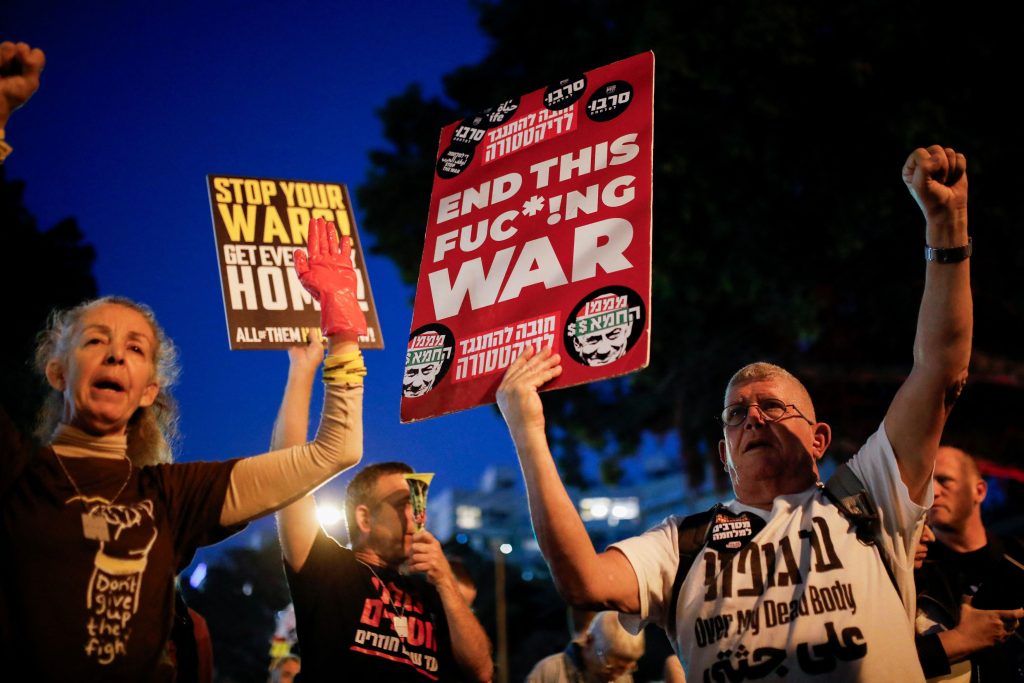
People take part in a rally against the Israeli government and Prime Minister Benjamin Netanyahu, and to demand the release of all hostages from Gaza, in Tel Aviv, Israel, April 3, 2025. REUTERS/Shir Torem
When a senior Greek interlocutor asked whether Israelis and Palestinians could resolve their differences on their own, the unanimous response was: No. Historically, the United States has played the indispensable role of mediator. But since Donald Trump’s return to power in Washington, hopes for a balanced American approach have plummeted. Many now see Trump as a partisan actor, squarely aligned with Netanyahu.
This has prompted renewed attention to Europe’s potential role. “It’s high time Europeans stand up and defend their values,” urged one Israeli participant. But the ensuing discussion quickly revealed how unrealistic a stronger EU role may be. The interests of the 27 member states are simply too divergent. A proposal from a Palestinian delegate—that the European Union grant joint membership to both Israel and Palestine in order to resolve the conflict—may be dismissed as a political fantasy.
Other ideas were more modest but still fraught with challenges. Some called for European sanctions on extremist Jewish settlers in the occupied West Bank who terrorize the local Palestinian population, or for labeling exports from the settlements. Yet even these proposals face steep political resistance. “There is a European street where there is a lot of support for the Palestinians, but the governments solely back Israel,” acknowledged Sulaiman Khatib.
Khatib is a Palestinian peace activist who spent ten years in Israeli prisons for violent acts—throwing stones and Molotov cocktails. While incarcerated, he learned Hebrew and also discovered the philosophies of Nelson Mandela and Martin Luther King Jr. Today, he works alongside like-minded Israelis in a group called Combatants for Peace, and he is convinced that a majority on both sides longs for a peaceful solution.
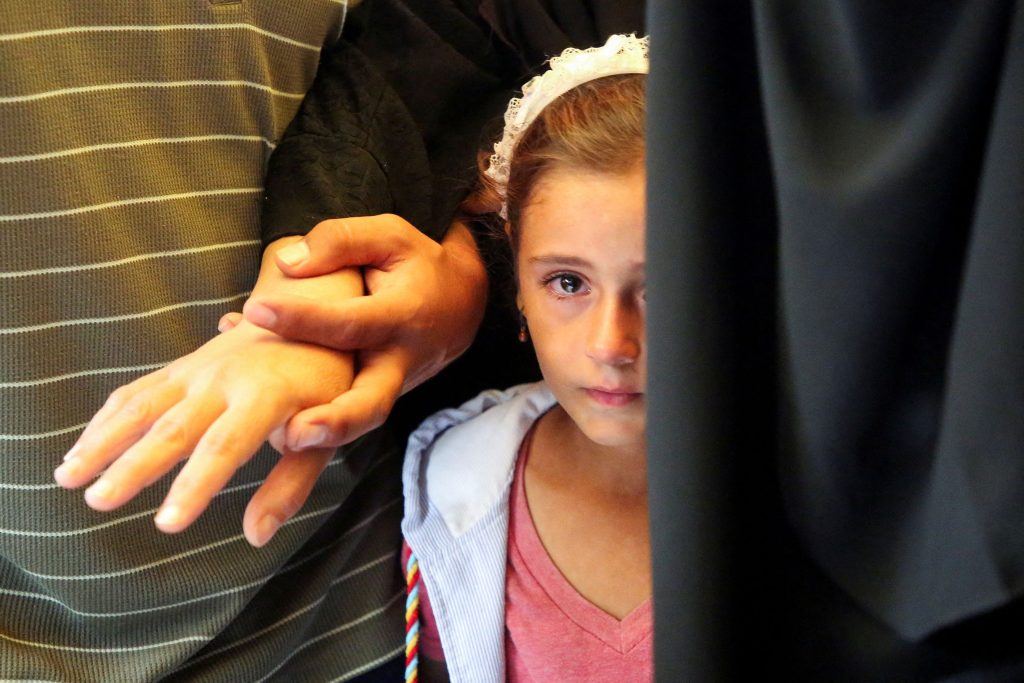
A relative of Palestinians from Abu Taima family, who were killed in an Israeli strike, amid the ongoing Israel-Hamas conflict, attends their funeral at Nasser hospital in Khan Younis, in the southern Gaza Strip, October 15, 2024. REUTERS/Hatem Khaled TPX IMAGES OF THE DAY
Like others in the delegation, Khatib frequently invokes the term “trauma” to describe the situation in his homeland. He is not alone. What emerges is a portrait of two deeply traumatized societies locked in mutual hostility. “There is a complete blindness of one side to another,” said Bar-Yacoov. “We need to break that.” Khatib agreed with the analysis and offered a path forward: “We need collective liberation.”
The discourse in Athens blended political dialogue with terms from social psychology—concepts that rarely find a place in day-to-day politics dominated by calls for hostage releases and a cease-fire. Yet these ideas are essential to achieving a lasting and sustainable resolution to the conflict.
When it comes to practical paths toward a lasting solution, the Israeli and Palestinian peace advocates overwhelmingly support a two-state solution. They are fully aware, however, that the current Israeli government actively opposes such a vision, both in word and in deed. It has shown no interest in a model of peaceful coexistence—let alone equality—between Israelis and Palestinians in a region long known to many as the Holy Land.
Still, hope dies last. That’s the enduring motto of eternal optimists. In Athens, Israeli researcher and activist Yaniv Ronen expressed his confidence that his push for a comprehensive peace compromise places him and his colleagues on the right side of history. He did so with a remark that gave his audience pause: “Democracy, also, was impossible—until Greeks invented it, right here.”
Note: The program discussed here is part of the European-Palestinian-Israeli Dialogue Initiative (EPICON), which facilitates encounters between Israeli and Palestinian peace advocates and European opinion leaders, aiming to generate support for a just political solution. The program in Athens was co-organized by the Berlin-based Candid Foundation and the Hellenic Foundation for European and Foreign Policy (ELIAMEP).
Dr. Ronald Meinardus is a Senior Research Fellow at the Hellenic Foundation for European and Foreign Policy (ELIAMEP).
